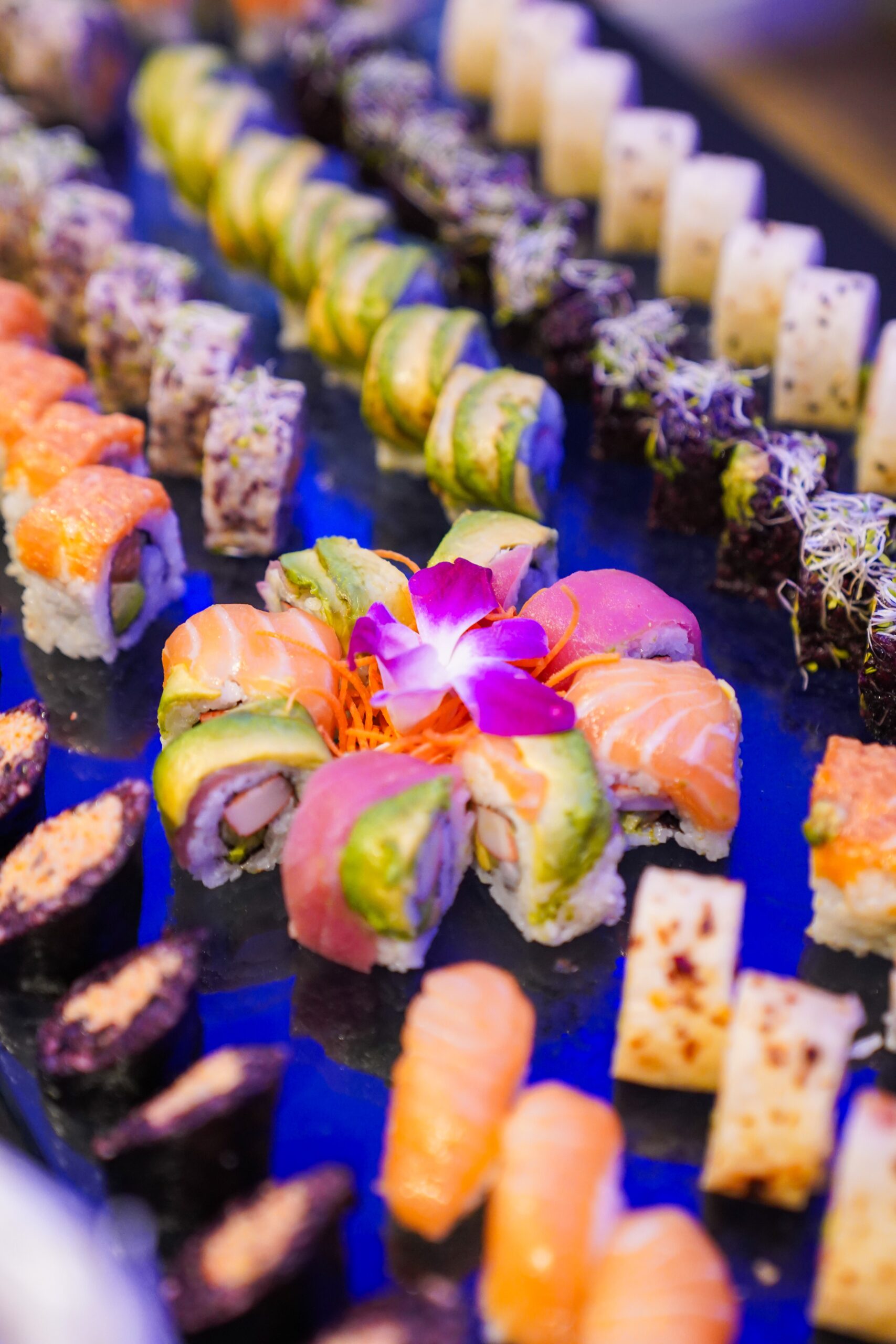Understanding the 80/20 Rule
Introduction:
This rule, rooted in the Pareto Principle, suggests that 80% of our outcomes result from 20% of our efforts. Applied to nutrition, it implies maintaining a nutritious diet 80% of the time while allowing 20% for enjoying less healthy, yet satisfying, foods.
Application in Healthy Eating
The 80/20 rule’s practical application in healthy eating fosters a balanced approach that emphasizes the consumption of nutrient-dense foods for the majority of one’s diet. It involves incorporating a variety of fruits, vegetables, lean proteins, whole grains, and healthy fats, constituting around 80% of meals. This balanced intake ensures a consistent source of essential nutrients for overall health.
The remaining 20% is designated for more flexible eating, allowing for occasional treats or foods that might not typically be categorized as ‘healthy.’ This portion is crucial in providing psychological satisfaction, offering an opportunity for indulgence without the weight of guilt. This flexibility makes the dietary plan more sustainable and enjoyable in the long term.
Importance of Balance
Balancing the consumption of healthier foods with occasional indulgences is the crux of the 80/20 rule. This equilibrium discourages extremes or overly strict dietary regimens, avoiding feelings of guilt or failure that might accompany deviations from a rigid diet structure.
The allowance for occasional indulgences within the 20% portion helps foster a healthier relationship with food. Additionally, it plays a key role in combating the common ‘all-or-nothing’ mindset often associated with rigid dietary rules. This approach mitigates the mental and emotional stress connected to perpetually adhering to strict food plans.
Practical Tips for Implementation
Effectively incorporating the 80/20 rule into one’s lifestyle necessitates a mindful and deliberate approach. Here are some practical tips to seamlessly integrate this rule:
- Meal Planning: Preparing meals focused on nutrient-rich foods while allocating a portion for occasional treats helps maintain the balance.
- Mindful Choices: When selecting foods for the 20% portion, opt for those that genuinely bring pleasure and satisfaction without guilt or remorse.
- Enjoyment without Guilt: Savoring the 20% without self-judgment is crucial. Enjoying treats mindfully helps foster a positive relationship with food.
The Psychological Impact
Embracing Flexibility
The 80/20 rule encourages a flexible mindset, as opposed to rigid dietary restrictions. This approach promotes adaptability and personalization, empowering individuals to make sustainable lifestyle choices that align with their personal preferences.
Sustainable Lifestyle Choices
This principle advocates for a lifestyle that is compatible with an individual’s long-term goals and preferences. It emphasizes finding the right balance that suits one’s lifestyle, fostering a sustainable and healthier relationship with food.
Combating All-or-Nothing Mindsets
The 80/20 rule challenges the ‘all-or-nothing’ mentality by allowing occasional indulgences, breaking the cycle of extremes and promoting a more balanced and sustainable approach to eating.
Benefits of the 80/20 Rule
Improved Relationship with Food
By removing the constraints and guilt linked with occasional indulgences, the 80/20 rule nurtures a healthier relationship with food. It permits individuals to enjoy their favorite treats without the burden of failure or self-criticism, resulting in a more positive relationship with eating.
Mental and Emotional Well-being
Reducing the stress and anxiety associated with strict dietary plans significantly influences mental and emotional well-being. This approach frees individuals from the mental strain of constantly monitoring and restricting food choices, leading to a more positive mindset.
Long-term Health Impact
Over time, the 80/20 rule’s sustainable approach positively impacts overall health. It focuses on creating habits that can be sustained over time, rather than quick fixes, leading to better health outcomes and overall well-being.
Common Misconceptions
Defining Moderation
A common misconception about the 80/20 rule revolves around the interpretation of ‘moderation.’ Moderation isn’t about precise measurements or strict guidelines but rather finding a healthy balance between nutritious foods and occasional indulgences that align with personal satisfaction.
Myth of Compromise
Some misunderstand the 80/20 rule as a compromise or trade-off, assuming that following this approach results in reduced health benefits. On the contrary, the flexibility and balance offered by this rule can lead to enhanced overall health.
Relevance in Varied Lifestyles
Another misunderstanding is the belief that the 80/20 rule only applies to individuals with specific health or fitness goals. In reality, it’s adaptable and relevant to various lifestyles, offering a balanced and sustainable approach to eating for anyone seeking a healthier relationship with food.
Conclusion
The 80/20 rule represents a holistic and sustainable approach to healthy eating. It’s not merely a dietary guideline but a lifestyle philosophy that encourages balance, flexibility, and a positive relationship with food. By allowing occasional indulgences without guilt, it fosters a healthier mindset and overall well-being. Embracing this approach can lead to a more fulfilling and sustainable lifestyle.













































